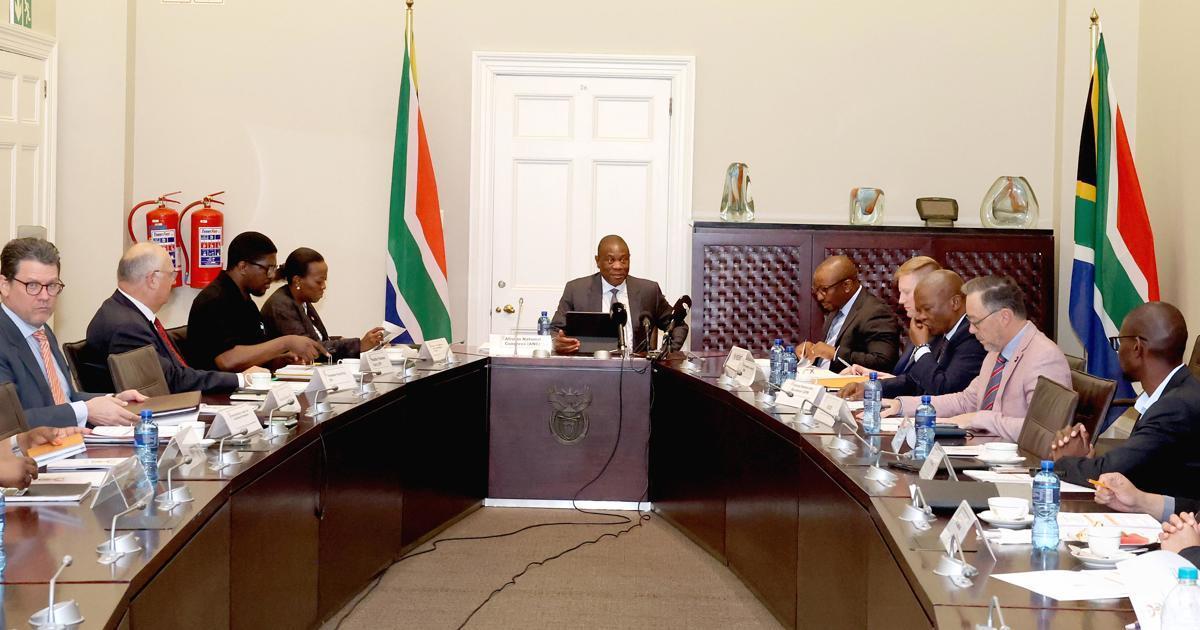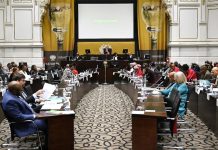Africa-Press – South-Africa. A year since draft terms of reference for the Government of National Unity (GNU)’s dispute resolution mechanism were first tabled, it has finally adopted its guiding principles.
President Cyril Ramaphosa set up the clearing house last year to resolve policy disagreements among the ten parties, with the stalemate over the Basic Education Laws Amendment (BELA) Bill having been one of its first orders of business.
But even deciding on the terms of reference for the clearing house has been a contentious issue, and an external governance and law expert was called in to help.
It’s not only policy matters that GNU partners have disagreed about over the past 18 months, but also the practice of consensus as outlined in their statement of intent.
Exactly what they are to do when they can’t reach general consensus within the clearing house has also proven to be a sticking point in finalising their terms of reference.
The committee, chaired by Deputy President Paul Mashatile, roped in Professor Jaap de Visser, from the Dullah Omar Institute to help figure out a deadlock-breaking mechanism.
A working group of some of the parties was then set to work to receive input from GNU partners and to resolve the issues.
The Presidency has now clarified that the clearing house mechanisms is only a recommending body and not a decision-making structure.
The sufficient consensus clause in the statement of intent only refers to the GNU and the Political Leaders’ forum, and not to the clearing house.
In future, unresolved issues will be referred to the Political Leaders’ Forum and not the president.
The body will also not deal with coalition disputes at provincial or local government levels.
Following Wednesday’s meeting, the terms of reference will now be presented to the Political Leaders’ Forum for ratification.
For More News And Analysis About South-Africa Follow Africa-Press






